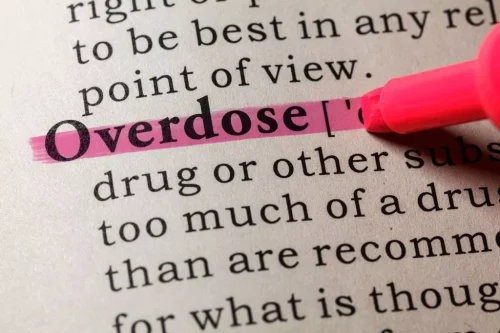
They should be considered severe and potentially life-threatening. If you experience these symptoms, you should seek immediate medical attention. Allergies to brewer’s yeast and other yeasts have been well-documented in the medical literature. They are most likely to occur in people who have mold allergies. Yeast is used in all fermented alcoholic beverages, including beer, wine, hard cider, and sake.

Alcohol And Muscle Relaxers: 4 Things To Know About This Risky Combination
- Even less common is an allergy or intolerance to corn-based liquors like bourbon.
- If a person suspects they have alcohol intolerance, they should speak with a doctor.
- Symptoms of an alcohol allergy include rashes, itchiness, swelling and severe stomach cramps.
- As a result, a person may experience facial flushing and skin and digestive issues.
- Alcohol intolerance is a real condition, but it can sometimes be confused with other related conditions, such as allergies or drug interactions with alcohol.
- They often have a gene that is affected that is passed down in the family.
Individuals may also explore alternative alcoholic beverages or nonalcoholic options that they can tolerate. They may also find that eating certain foods, taking supplements, or exercising may help with their reaction. They may also discuss possible medications for their reactions, such as antihistamines.

Alcohol Intolerance Treatment
Some varieties of gin and vodka, as well as ‘natural wines’ are low in sulphites. However, asthma experts warn sufferers to choose their drinks carefully, because even low-sulphite wines will contain some sulphites. What we understand as a ‘hangover’ what causes alcohol intolerance is made up of a particular set of symptoms – usually a thumping headache, nausea, intense thirst, tiredness and brain fog. This is all happens as a result of drinking alcohol, or more specifically, the series of bodily processes it sets in motion.
How is alcohol allergy diagnosed?
Plus, avoiding alcohol lowers your risk for cancer and other serious diseases. If you have alcohol intolerance but still find yourself drinking excessively, despite the pain and discomfort, talk to your healthcare provider. For mild intolerances, you should either avoid alcohol, limit how much you drink or avoid certain types of alcohol with ingredients that may cause a reaction. However, if you have a serious allergy-like reaction following drinking alcohol, consult a medical professional.
Once your liver function is affected, this will soon start to affect the rate at which it can metabolise other medicines, affecting your overall health and nutrition levels. Beer allergies and intolerances are different—allergies are an immune response and intolerances are a digestive response. Although these tests may be less expensive and more convenient than visiting a medical facility, they are not always as reliable. This is because they rely on self-collection of the sample, which can sometimes lead to cross-contamination of the swab.
Difference from alcohol allergy
A reaction to high-histamine foods could be a sign of histamine intolerance. Your body has two enzymes that are supposed to break down histamine, but sometimes they don’t work as well as they should. If you have alcohol intolerance, it’s wise to cut back on alcohol or quit drinking. https://ecosoberhouse.com/article/15-benefits-of-the-alcohol-free-lifestyle/ Drinking with alcohol intolerance causes uncomfortable symptoms, and it also puts you at greater risk for a range of potentially fatal diseases. Additionally, taking Pepcid before drinking can pose long-term health risks, like higher rates of esophagus and stomach cancer.
The most common signs and symptoms are stuffy nose and skin flushing. If you’ve ever experienced anaphylaxis after drinking beer, it’s important that you determine which ingredient caused it so you can avoid it all together. Ask your doctor if you should carry a prescription epinephrine pen. If you have symptoms of an allergy after drinking beer, you should see your doctor. They can help determine if you’re allergic to a specific ingredient in the beer. “Alcohol and sulphites tend to evaporate away during cooking, so the potential for intolerances is certainly reduced,” Dr Watts says.
